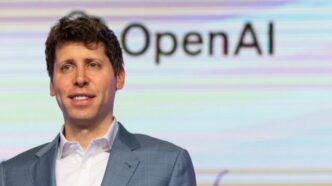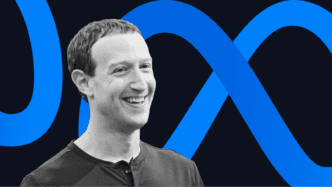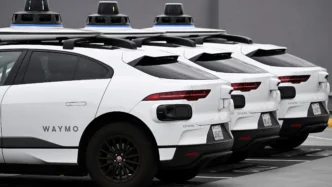OpenAI is introducing a stricter verification process that could soon become mandatory for organizations seeking access to its most advanced AI models via the API. A newly updated support page reveals that the company will begin rolling out a program called Verified Organization, requiring government-issued ID verification from eligible countries.
This move marks a significant shift in how developers interact with OpenAI’s platform. According to the company, the new process is designed to unlock access to the most powerful AI tools while safeguarding against misuse. However, there are clear limitations: one ID can verify only a single organization every 90 days, and not all applicants will qualify for verification.
OpenAI says the decision stems from a need to strike a balance between accessibility and safety.
“At OpenAI, we take our responsibility seriously to ensure that AI is both broadly accessible and used safely,” the company explained. “Unfortunately, a small minority of developers intentionally use the OpenAI APIs in violation of our usage policies. We’re adding the verification process to mitigate unsafe use of AI while continuing to make advanced models available to the broader developer community.”
Why This Change Matters
As OpenAI’s models grow in power and capability, the stakes for security and misuse rise with them. In recent months, the company has released multiple reports outlining how it detects and prevents the malicious use of its tools — including activity traced back to state-linked actors from countries like North Korea.
This verification process may also be a step toward preventing intellectual property theft. Earlier this year, Bloomberg reported that OpenAI had launched an internal probe into a possible data exfiltration incident involving DeepSeek — a China-based AI research lab. The investigation centered on suspicious API behavior believed to be part of an effort to siphon large volumes of data, potentially for unauthorized model training.
In response, OpenAI blocked API access from China in mid-2024 — a move that underscored growing concerns over security, policy enforcement, and global misuse of AI tools.
A Shift Toward Stricter Access Control
The Verified Organization system could become a gatekeeper for next-generation models, especially as OpenAI prepares to release more powerful successors to GPT-4o. While access to today’s models like GPT-4o remains relatively open, this new framework suggests that future versions might only be available to verified entities.
For developers and businesses, this signals a clear need to prepare for compliance if they hope to tap into OpenAI’s future tools. Organizations will need to ensure they’re eligible, possess the proper documentation, and maintain good standing with OpenAI’s usage policies.
Although the full rollout timeline for the verification process isn’t public, the support page suggests that this is more than just a policy update — it’s a strategic step to protect OpenAI’s ecosystem from abuse while reinforcing trust among enterprise users.













